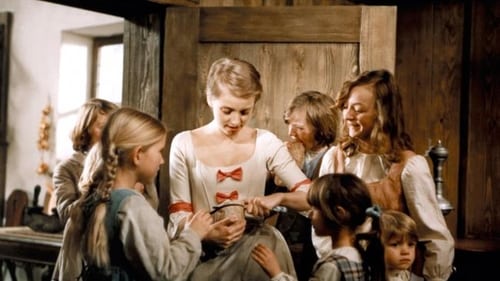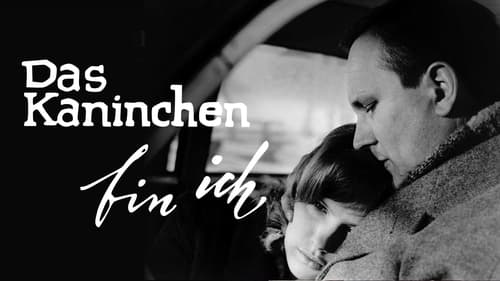
Based on a switched identity, in circumstances that are found in real life as well as fiction, this drama tells the story of two soldiers fighting together in World War I. Karl (Joachim Latsch) and Richard (Hans-Use Bauer) become close friends while serving time in a German POW camp. One day Karl manages a successful escape and goes to Richard's home where he seeks refuge posing as Richard. But Richard's wife Anna (Kathrin Waligura) has never given up hope that her husband is still alive -- a possibility that would shatter Karl's proposed new life. In fact, Richard did not die in the POW camp. This film shared the Grand Prix award at the 1985 Berlin Film Festival.


The young and rebellious Werther is passionately, but hopelessly, in love with Lotte. Although he knows that she is married to somebody who can offer her a secure future, Werther tries to be near her. Lotte cannot decide between these two men. She eventually rejects Werther, who does not survive her decision.

Film by Thiel and Brandt.

Sekretärin
The Rabbit Is Me was made in 1965 to encourage discussion of the democratization of East German society. In it, a young student has an affair with a judge who once sentenced her brother for political reasons; she eventually confronts him with his opportunism and hypocrisy. It is a sardonic portrayal of the German Democratic Republic's judicial system and its social implications. The film was banned by officials as an anti-socialist, pessimistic and revisionist attack on the state. It henceforth lent its name to all the banned films of 1965, which became known as the "Rabbit Films." After its release in 1990, The Rabbit Is Me earned critical praise as one of the most important and courageous works ever made in East Germany. It was screened at The Museum of Modern Art in 2005 as part of the film series Rebels with a Cause: The Cinema of East Germany.


